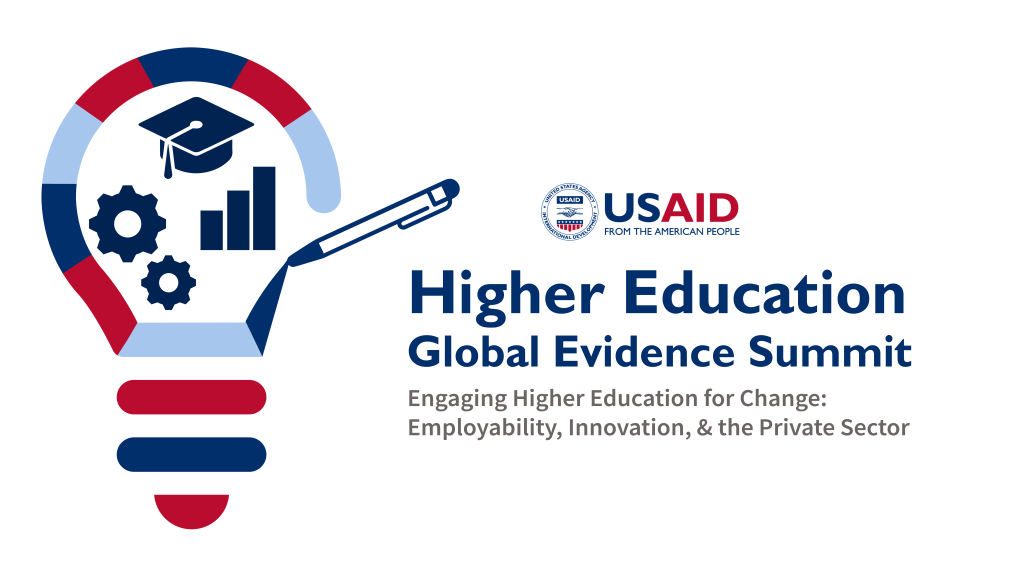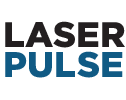
Join the LASER PULSE team as they present on a variety of topics!
Join members of the research community, development practitioners, and USAID staff in the inaugural USAID Higher Education Global Evidence Summit taking place virtually over three weeks in May 2022: May 3 & 4, May 10 & 11, and May 17 & 18. Event programming consists of two half-days over the three weeks, with four hours of programming during the morning (EDT) each day.
Innovation: May 3, 2022 9:35-10:30 am
Embedded Research Translation: A New Model for Innovative Research Between Academics And Practitioners In International Development
The USAID-funded LASER (Long-term Assistance and SErvices for Research) PULSE (Partners for University-Led Solutions Engine) program delivers research-driven solutions to field-sourced development challenges in USAID partner countries. Our presentation will primarily explore the Innovation theme and in particular, the question “How can students and faculty better integrate and connect academic research to support innovation?” We will begin by providing an evidence base and conceptual framework for understanding the diversity of approaches available for designing and translating research into innovative solutions for international development. We will then demonstrate how LASER PULSE’s ERT approach fills the gap for a sector and method-agnostic model for research translation that can be used by academics, in close collaboration with development practitioners, to support innovation and research impact.
Alexandra Towns, Catholic Relief Services
Laura Riddering, Catholic Relief Services
Priyanka Brunese, Purdue University
Yuehwern Yih, Purdue University
Private Sector: May 17, 2022 9:35-10:30 am
From Theory to Change: The Collaborative Role of Higher Education Academia and Small Business in USAID’s Multi-Country Study on Inclusive Education
Through the Long-Term Assistance and Services for Research Partners for University-Led Solutions Engine (LASER PULSE) mechanism led by Purdue University, Inclusive Development Partners (a small business) in partnership with the University of Massachusetts Boston and Kathmandu University is currently halfway through a three-and-a-half-year evaluation of three USAID inclusive education activities in Cambodia, Malawi, and Nepal. The study investigates USAID programming in these three countries to identify what works to sustainably advance teaching and learning outcomes for children with disabilities in varying contexts and ultimately inform current and future programming through recommendations to current implementing partners (IPs) at midline and broader recommendations to USAID at endline.
Valerie Karr, Inclusive Development Partners
Mean Vidbol Ratanak, Cambodia Disabled Persons Organization
Niraj Poudyal, Kathmandu University
Christopher Johnstone, University of Minnesota
Demystifying Private Sector Engagement: USAID Partnering Processes for Higher Education Systems
As a private sector organization, have you felt frustrated communicating with and understanding the needs and processes of the development partners? As a development actor or academic institution, have you felt stuck in how to start or keep private sector partners engaged in addressing development challenges in the education sector?
This research-to-practice session aims to shed some light on the different ways in which the private sector can be formally engaged:
- to provide a systematic starting point to co-designing these engagements such that theories of change incorporate private sector’s perspectives; and
- to provide actionable recommendations on managing partnering experiences.
Participate in this engaging session as we discuss research findings from a three year study of USAID’s private sector partnering process grounded in 8 field-based, private sector engagement experiences of different partners across sectors and geographic regions.
Priyanka Brunese, Purdue University Tatiana Pulido, USAID Susan Ross, USAID Yuehwern Yih, Purdue University & LASER PULSE Consortium
